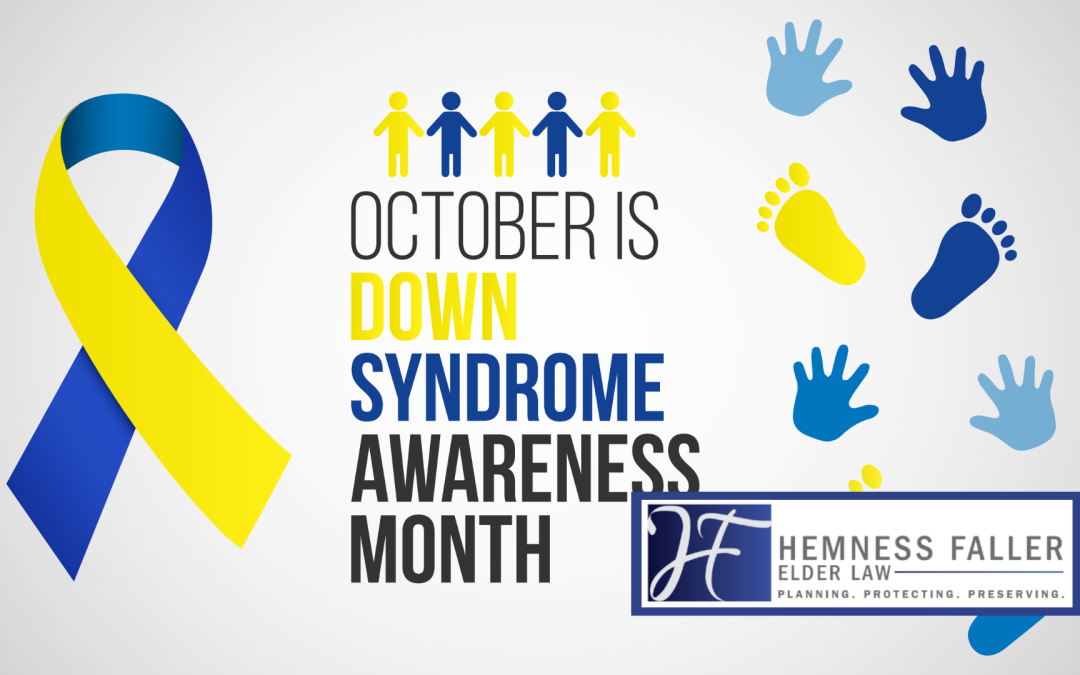Developing a sound estate plan is one of the wisest decisions anyone can make, but keeping it current is just as important. Estate plans can be revisited at any time and for virtually any reason. The best time to re-evaluate an existing estate plan can be either every few years or after a significant life event, whether this event occurs in your own life or someone named in your estate.
Where should you start as a Tampa Bay senior? Are you concerned about whether or not your thoughts on revision warrant a reevaluation of your Florida estate plan? Let us share several common life events that we have seen personally impact Florida estate plans.
Life Event 1: Birth of a Child or Grandchild. The birth of a child or grandchild is a wonderful occasion and including children in your estate is a great way to both protect them and provide for their future. For parents of minor children this could involve a guardianship designation, as well as, deciding which share of your assets they might inherit, and how and when they would inherit them. Education funding is another common consideration, as is establishing long-term support if your child or grandchild has special needs.
Life Event 2: Marriage or Divorce. If you, or someone named in your will, trust or other estate documents was married or divorced since the last time your estate plan was updated, then you will definitely want to re-evaluate your plan and make appropriate changes. Marriage is a partnership and planning for future financial realities, as well as, the potential distribution of assets in the event of an untimely spousal death is critical. Couples can also enter marriages with pre-owned assets and their possession preferences should be established accordingly.
On the other hand, if a couple decides to divorce then it is vital to re-evaluate an estate plan to reflect the parting of ways. Failing to update beneficiary designations, for example, can result in an ex-spouse receiving an undue benefit. Further, the divorce may act in your planning documents as a “death” and make it impossible for the other person to act for you in a crisis, assuming you would still want him or her to so.
Life Event 3: Retirement. Retirement is another major life change requiring an estate re-evaluation, especially as common retirement accounts such as 401(k)s and IRAs are often established many years ago and relevant beneficiary designations may be old and potentially outdated. Further, planning techniques may change over time and this should be discussed with your attorney to ensure that your plan will not fail.
Remember, it is not just about your will and trust agreement. Other estate planning items should also be evaluated to ensure they reflect current relationships and life circumstances, including powers of attorney and health care directives. If you or someone you love would like more information about when to re-evaluate your estate plan, do not wait to contact our law firm so that you may discuss your needs with an experienced estate planning attorney today.






